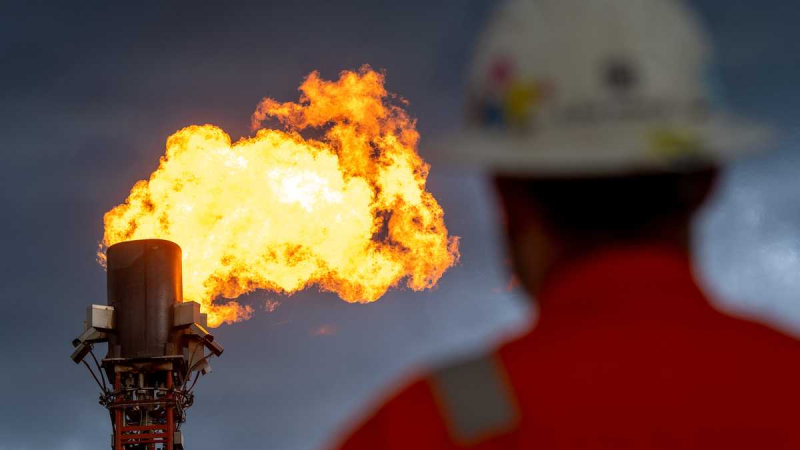
Russia actually lost the gas and oil war with Europe. It was the last winter when the Kremlin could achieve some concessions through blackmail.
This was Channel 24 told by the head of the analytical and advocacy organization “Center for Joint Actions” Oleg Rybachuk. According to him, now it is only September, and the gas storages of the EU countries are actually full. Even in Germany, the most dependent on this energy resource, they are already saying that they will survive this winter.
The world is switching to liquefied gas, but in Russia there are no such technologies h2>
As Rybachuk notes, the global trend is now – gas is getting much closer to oil. Countries are moving towards the fact that transporting gas through pipelines will be less profitable than transporting liquefied gas.
For several years now, the United States, Australia and Qatar have been working on technology where gas is liquefied and then transported to anywhere in supertankers . In terms of volume, one such apparatus replaces about 3-4 days of delivery from the largest Russian gas pipeline.
Europe is gradually switching to this technology – in the near future Germany will have five such terminals for receiving tankers with liquefied gas.
Now Russia sells gas to conditional China and India, which pay much less for it. But over time, it will be more profitable for them to receive liquefied gas.
Russia overslept the moment. She did not turn on, but there is no technology. And Russia will no longer be able to build tankers either. And there are about 600 such tankers in the world right now,” Rybachuk said.
The situation with oil is also changing. Against the backdrop of Azerbaijan's statements about increasing its own oil supplies, Biden's visit to the Middle East and negotiations with OPEC, to give an understanding that these countries will not allow a shortage of oil in the world. energy security summit of the Baltic Sea that the average occupancy of gas storage facilities as of September is about 80%. This is a good indicator, because it should have been reached before November.

